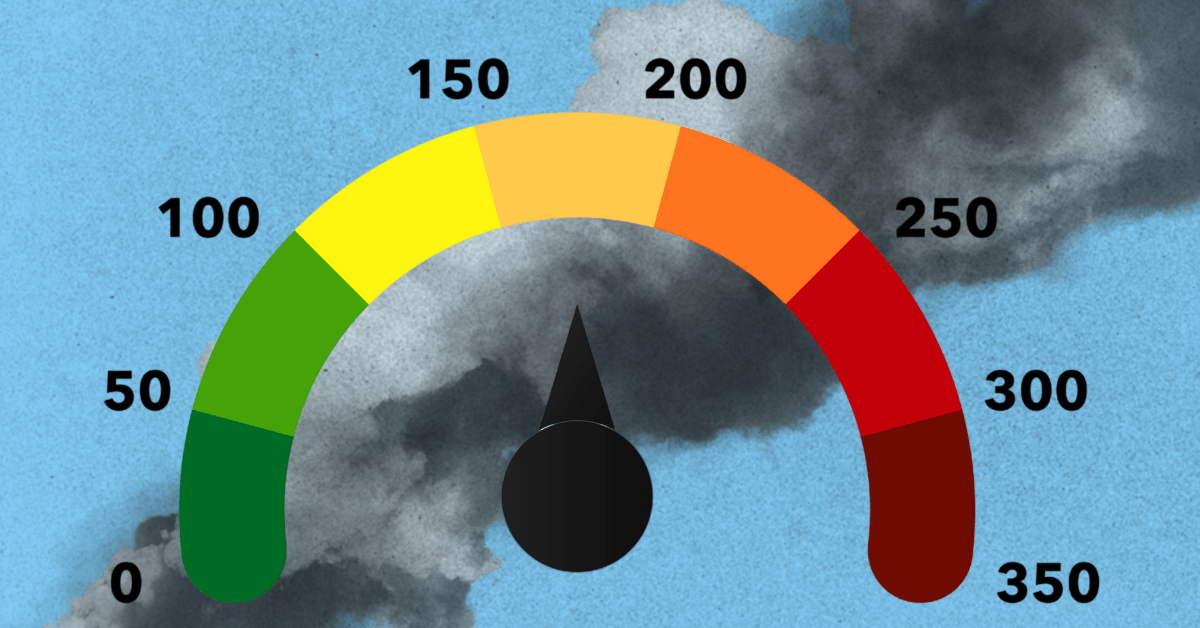Every parent has been on the receiving end of a one-word answer. You ask your kid how their day was, and they generously offer that it was “fine,” “good,” or “OK.” It probably triggers your own single-word reaction, even if you don’t say it out loud: “Ugh.”
“As parents, we’re desperate for information,” says Stevi Pucket-Perez, a pediatric psychologist at Children’s Health in Dallas. “We want to know what our kids have been doing, what’s happening—we want in on their lives.”
There are ways to increase the likelihood of more meaningful conversations. For starters, move away from the idea that your kid will be ready to talk right after school, and instead focus on low-stakes, positive interactions. When your kid walks through the door, the first thing out of your mouth shouldn’t be a question, Pucket-Perez says; instead, establish a sense of connection by exclaiming, “I’m so excited to see you!” Or: “I’m so glad you’re home. I grabbed some snacks I thought you might like.”
You know your child best, so think through when they’re most likely to share. It might be after they’ve eaten, played a favorite video game, or as they’re winding down for bed. When it feels like the right time, ask specific questions in an open-ended way, and not in rapid-fire succession, Pucket-Perez advises. The payoff is worth it: Conversations that transcend the surface level “build trust and safety, so when something difficult comes up, we’re a safe space for it,” she says. “It also lets us know if there’s something where our kiddo needs intervention, where they need our support, or they need our advocacy.”
Here, experts share exactly what to ask young kids—ages Pre-K to middle school—to encourage them to open up. You don’t need to ask each on every single day; rather, think of them as a repertoire of questions you can select from based on factors like your kid’s mood and what you’re most eager to know.
“Let’s share one good thing and one not-so-great thing that happened today. I can go first.”
Think of this approach as a way to model what it looks like to talk about your day. In parent-child conversations, “it doesn’t feel like an interrogation when we go first,” Pucket-Perez says. “It feels like sharing, and that’s what we want communication and conversation to feel like.
Read More: 10 Questions to Ask Your Parents While You Still Can
There’s value in talking about uncomfortable emotions and tough parts of the day, she adds, rather than holding those in. You might also word it like this: “What was the hardest thing you did today?” By talking through challenging experiences, you can share how you navigated your own, which will provide your kid with pointers on how to work through tricky situations—without feeling like they’re being subjected to a preachy lesson. “We get a chance to do some parenting on the sly,” Pucket-Perez says.
“What are some of your classroom rules?”
Asking your kid about classroom rules helps them understand there are rules everywhere they go—and that they’re meant to be followed. “It reinforces, ‘Do you understand the rule the way it’s meant to be understood? Do we need to fill in any blanks?’” says Alejandra Galindo, a licensed marriage and family therapist with Thriveworks, which provides therapy and psychiatry services. “You can use it as a teaching moment.”
Read More: Stop Saying These 5 Things to People With Social Anxiety
Plus, if it seems like your kid is confused about a certain rule—maybe they’re misinterpreting a word their teacher used—it presents you with an opportunity to clarify with them or with the school.
“What was something fun or exciting that happened today?”
We could all use more positivity, Galindo says, and leaning into the good parts of your kid’s day helps nurture that—while letting you in on what sparks their interest. Maybe you’ll find out they’re particularly into art class or band practice, for example, or that they ran faster than anyone else in gym class.
Galindo likes that this question “helps kids focus on a strength area for themselves—maybe they did something they were very proud of,” she says. “That reinforces that self-confidence for them, too.”
“Tell me something that made you feel anxious or worried today. How did you handle it?”
This is a great way to help kids start to explore, understand, and be able to name their emotions, Galindo says. You don’t need to ask it every day, but if it seems like something is bothering them, or they’re holding back from sharing, it’s an opportunity to brainstorm healthy coping strategies together, like practicing easy deep-breathing exercises. (Her favorite: Count to three as you breathe in, hold for three, and then breathe out for three.)
Read More: The Worst Things to Say to Someone With Anxiety—And What to Say Instead
You could also dance it out together. “Imagine spaghetti before it goes into the water,” Galindo says. “It’s really stiff and firm, and then once it gets into the water, it gets noodly and loose.” Use that metaphor to encourage your kids to wiggle it all out—and make sure you’re twisting and turning alongside them.
“If you could switch places with someone in your class, who would it be?”
This question comes across as a lighthearted query, “but it also gives you a ton of information,” Pucket-Perez says. Your kid might tell you they want to swap places with a classmate who can practically do math equations in their sleep or who gets their homework done in record time. “They might say they’d switch with someone who’s really athletically gifted,” she says—or who’s more popular than they are, or who brings something special in their lunch bag every day. “However they answer is valuable,” Pucket-Perez says, and reveals important insights.
“When did you feel the most bored?”
In kid-speak, “boring” can translate to all kinds of things. “You might learn that, ‘Every time I’m in math, it’s kicking my butt,’ or ‘When we have to sit and do independent work, that’s so difficult,’” Pucket-Perez says. “Or, ‘I was alone at recess, and nobody played with me and I was bored.’” Your kid might not otherwise disclose these issues—but framing them around boredom (which is easier to talk about than, say, loneliness) can let you in on what’s really going on in their day.
“What was something kind you did or saw?”
Regularly talking about kindness can help instill important values. Plus, it’s a way to gauge how they’re treating their classmates and other people around them. The goal is to help them recognize that even if somebody’s not their friend, they still need to be respectful, Galindo says.
Read More: How to Get Your Silent Dad to Talk to You
If your son or daughter shares something they did that was particularly kind, wait a beat before telling them you’re proud of them. Instead, ask them if they’re proud of themselves. “Wait for them to answer, and then you can go in and say, ‘I’m proud of you, too,’” Galindo says. When kids learn to be proud of themselves and express that feeling, their self-confidence increases and helps them want to make positive actions a habit, she adds.
“Is there anything you’re nervous about for tomorrow?”
The answer might be no. But occasionally asking this question can help reveal what your kid really thinks about themselves and put stressful scenarios on your radar. “If they’re nervous about something, it might be because they think they’re going to mess up,” Galindo says. “It’s a great opportunity to reinforce, ‘OK, let’s walk through it. Let’s say this did happen—what could we do about it?’” That will help your kid build problem-solving tools, she says, while driving home the idea that it’s OK to make mistakes, and they don’t have to be perfect.
“What made you smile today?”
Asking your kid what made them smile or laugh is a concrete way to “ask about their joy and happiness and something that felt good that day,” Pucket-Perez says. Turn it into a silly moment: You can each take turns sharing funny stories about the day; laughing together will boost everyone’s mood, while fostering a sense of connection.
“Is there anything from your day you want some help with?”
There’s a good chance your kid will say no. But later on, after your question has had a chance to marinate, they’ll often return. When they do come to you, resist the urge to simply tell them what to do, or declare that you’ll talk to their teacher or figure it out for them. Ask them what kind of help they’d like—maybe they just want to talk about it or brainstorm solutions so they can handle the situation on their own.
“It gives that child agency and lets them know you’re there as a resource and to help if needed, but it’s OK for them to work through it, too,” Pucket-Perez says. “I think a lot of kids are hesitant to tell their parents about problems because mom’s going to jump in, or dad’s going to call the school. Letting them know you’re a place to work through a problem, and that you trust them to work through it how they choose, opens up a lot of ways to show support.”
Wondering what to say in a tricky social situation? Email timetotalk@time.com




